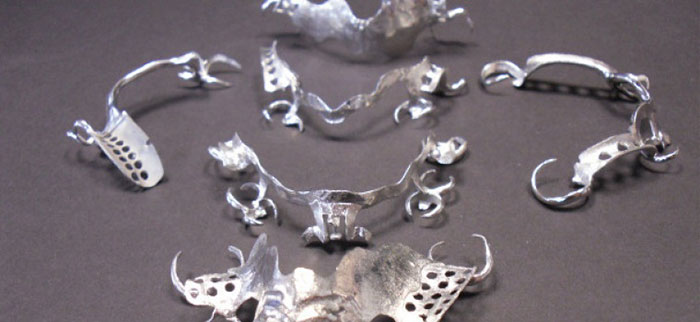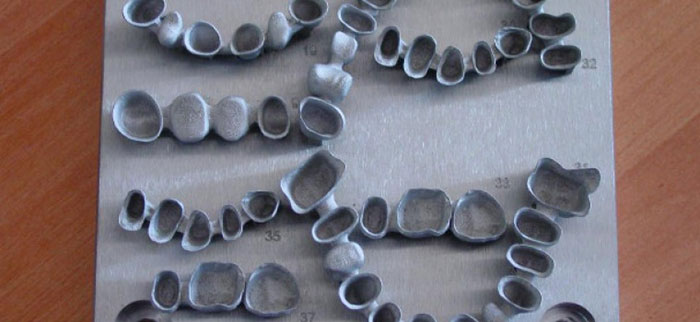3D Systems purchased Phenix, a French producer of Direct Metal Sintering (DMS) 3D Printers last July and has since begun to explore new business scenarios. The Phenix Machines, which have been translated into the new ProX 100, ProX 200 and ProX 300 line up and presented at Euromold last December, are the first metal based 3D printers in 3D Systems’ offer.
In a recent case study the company asked Michal Hermanek of Microdent, a leading supplier of dental CAD/CAM services in the region of the Czech Republic and Slovakia, to evaluate the feasibility of DMS solution in his business and his response was enthusiastic.
“CNC milling of metals like chrome cobalt was just too wasteful, too slow”, said Hermanek. “Even several years ago, metal 3D printing was the way to go in terms of productivity, quality and economics, Just imagine how things have improved since.”
Hermanek was particularly impressed by the performance offered by the new Pro X 100. To test different machines he sent a small 3D dental bridge model he had created to several vendors and, he says, “the sheer quality of the part created on the ProX 100 dental system from 3D Systems meant that the part didn’t twist and deform, and also stood up to repeated firing. The accuracy and price of the system,” – he added – “were also a huge factor in choosing the ProX 100.”

3D Systems new line of ProX DMS 3D printers are posed to compete with the likes of DMS experts such as EOS and do so by working to create fully dense metal parts with a repeatability of up to 20 microns on all three axes, compatible with EN ISO 2768 (fine) machining tolerances. It can use stainless steel as well as tool steel, super alloys, non-ferrous alloys, alumina and precious metals.
The dental ProX 100 system uses nickel-free chrome-cobalt powder with a CE marking and can build fully dense dental prosthetics in just a few hours, with minimum waste of materials and increased productivity and reliability, especially when compared with subtractive systems which are still commonplace today all over the world. The dental industry has already been a leading adopter of 3D printing technologies but it still looks as if 3D printer manufacturers have only taken but one small bite of this very appetizing market.




